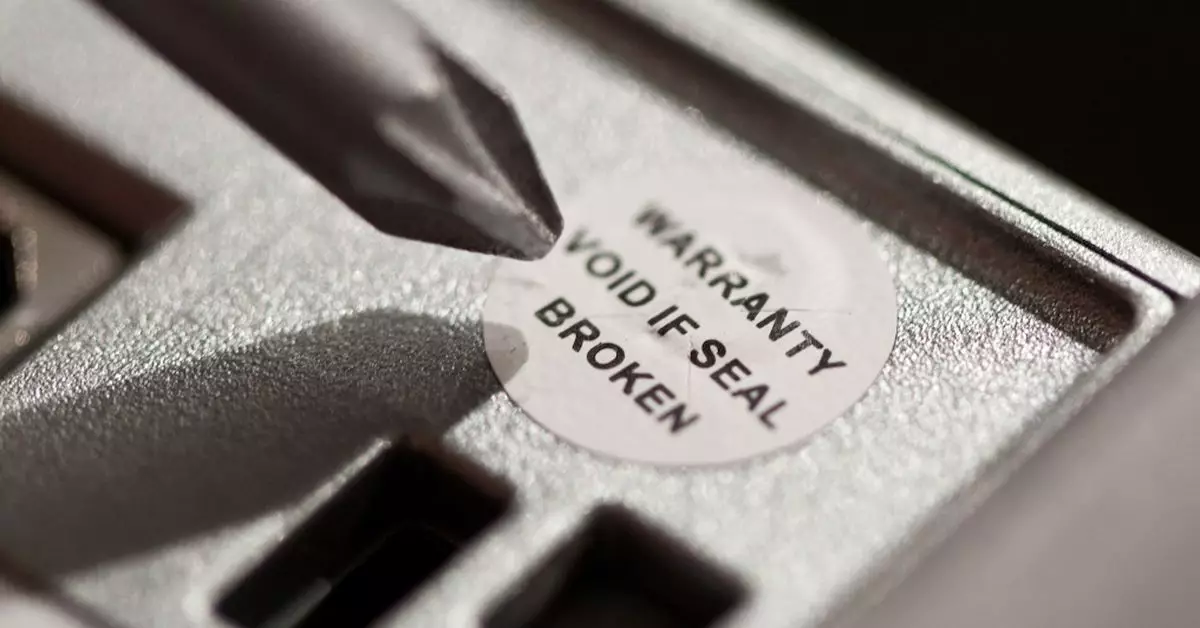The Federal Trade Commission (FTC) recently sent letters to ASRock, Gigabyte, and Zotac reminding them that “warranty void if removed” stickers covering screw holes on gadgets are illegal. The FTC’s concerns go beyond just the stickers, as they are also questioning the companies’ warranty and customer support practices. The letters from the FTC instruct the manufacturers to change their warranties to ensure that they are not illegally threatening customers’ warranties.
One quote from the letter to Gigabyte reads, “Staff would be concerned if GIGABYTE, in practice, denied warranty coverage based on the warranty provisions quoted above or any similar provision.” This highlights the FTC’s stance on protecting consumer rights and preventing companies from making bad warranties.
The particular law the FTC is invoking, the Magnuson-Moss Warranty Act, aims to prevent companies from conditioning warranties on the use of specific products or services. The Act prohibits warrantors from forcing consumers to use branded repair services or products to maintain warranty coverage. By using “warranty void if removed” stickers, companies like ASRock, Gigabyte, and Zotac are potentially violating this law.
This is not the first time the FTC has taken action against companies for similar practices. In 2018, Nintendo, Sony, and Microsoft were put on notice for using similar warranty void stickers on their game consoles. After the FTC intervention, these companies updated their policies to comply with the law. It is clear that the FTC is committed to enforcing consumer protection laws and holding companies accountable for their warranty practices.
iFixit has highlighted the legality of warranty void stickers in different parts of the world, shedding light on the global implications of this issue. Asus has also come under scrutiny for its customer support and warranty practices, demonstrating a broader need for transparency and fairness in the industry.
The FTC’s actions against ASRock, Gigabyte, and Zotac serve as a reminder to all companies to review their warranty and customer support practices. By complying with consumer protection laws, manufacturers can build trust with their customers and demonstrate a commitment to fair and transparent business practices. It is essential for companies to prioritize consumer rights and comply with the law to avoid facing regulatory actions in the future.


Leave a Reply